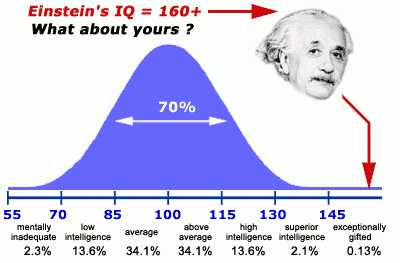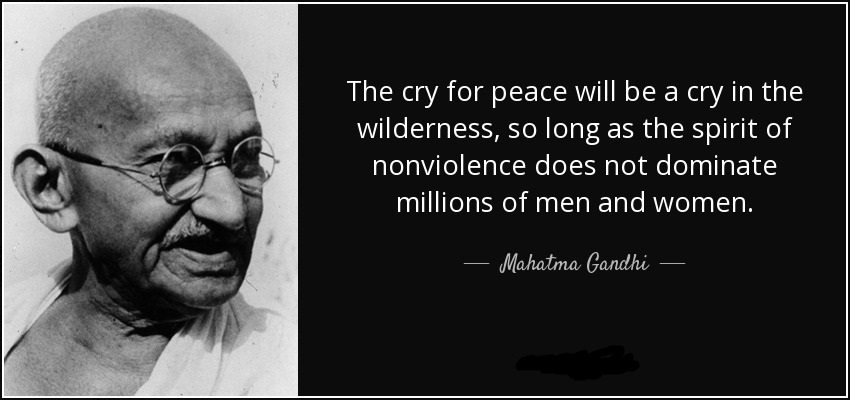

Standardized testing also known as cognitive test experiences have evolved to a more conceptual and systematic assessment of knowledge based questions. Because perceptual reasoning is developed from what you are exposed to, the fluidity of the some of the interpersonal questions leads to ambiguity on what can be argued as a wrong or right answer. Differences in results among ethnic groups in combination with peculiar question formats have lead test takers to believe they may be socially or culturally disadvantaged. What affects does sociality and cultures have on what is defined as intelligence?
Cognitive tests measure intellectual ability by assessing verbal comprehension, perceptual reasoning, processing speed and working memory. The most common used tests are the WISC IV, SB, and WAIS but there are many others. The heart of the controversy lies in perceptual reasoning. Human beings exposed to different lifestyles will inevitably perceive questions differently so is there an accurate way to make these measurements flexible? On average, Black Americans score 7 to 15 points lower than White Americans. I believe that it is due to lifelong differences that have influenced relative perceptual lenses. Common things like family structure, poverty or wealth, health care, worldwide internet, and overall quality of education directly influence personal development that cannot use one metric system.
Expanding the study we see that many discriminated groups performed similarly when compared to their counterparts in the other communities. In Northern Ireland, Catholics score on average 15 points less than Protestants with Catholics being the discriminated community. In the US, Asians score twice as high as Americans, but minorities living in Japan like Koreans and Chinese score lower than the Japanese. It is reasonable to argue that dominant ethnic groups set the standards on which most IQ tests are created in that particular society.
With the world’s increasingly large reliance on intelligence and aptitude tests, it is a wonder if these tests are intricate or localized enough to dictate job, class, and organizational placement. These statistical measures can be used to provide insight on the less obvious differences in cultures and better help us understand what it is that is being measured in the bigger picture. They help us understand where we come from, where we are, and how we think affects our IQ.
So the question becomes are there fair means to determine a numerical value for intelligence? Let me know what you think about this thought provoking topic.
Enough Said,
Dr. O



